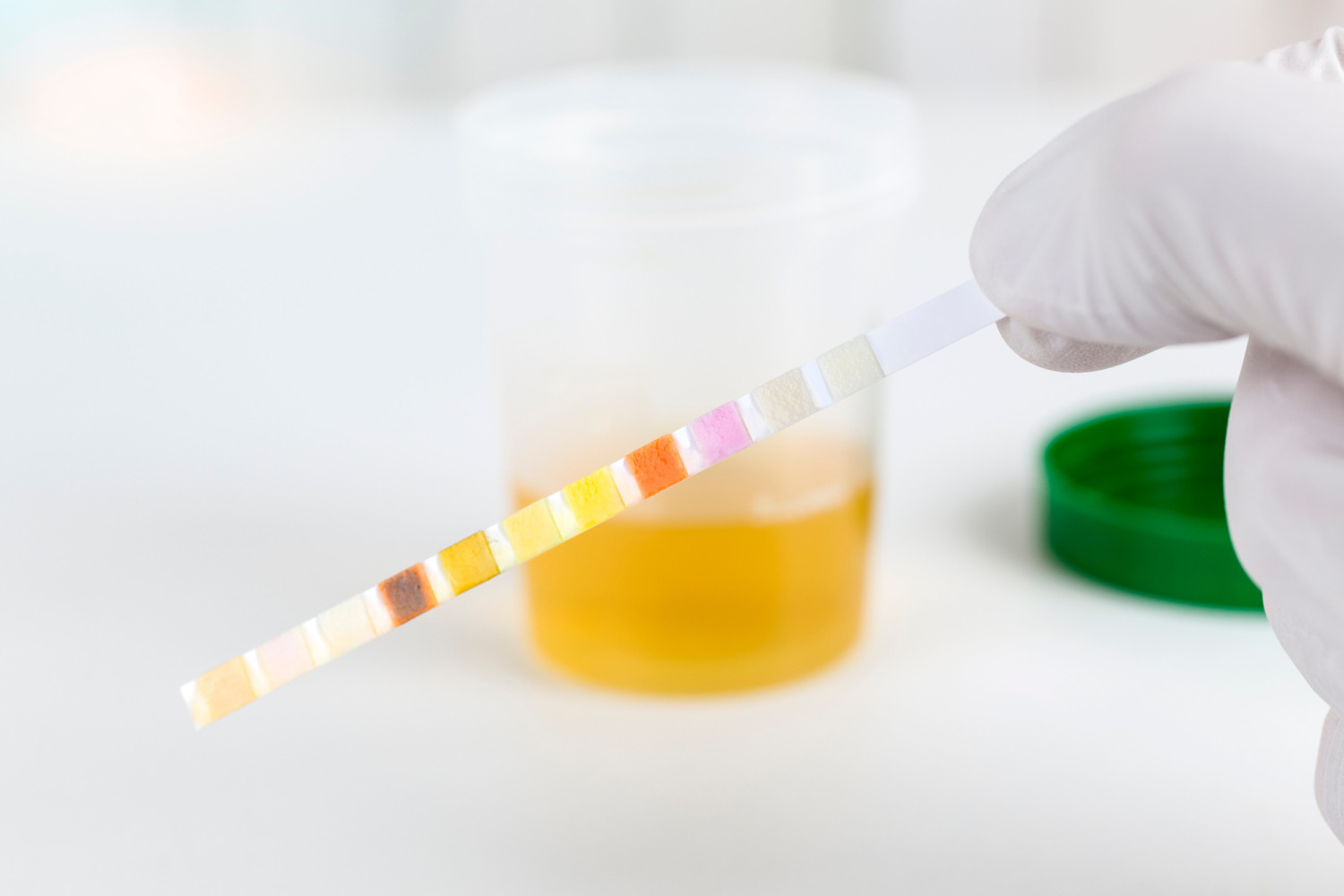Navigating Post-Accident Drug Testing: A Deep Dive into DOT Mandated Employees’ Requirements
In the realm of workplace safety, particularly for employees mandated under the Department of Transportation (DOT), post-accident drug testing is a critical component. The DOT mandates stringent guidelines to ensure the safety of both employees and the general public. For employers and employees alike, understanding these requirements is paramount to compliance and maintaining a safe working environment.
The Importance of Post-Accident Drug Testing
Accidents happen, but in safety-sensitive industries, the consequences of an accident can be severe. Drug and alcohol use significantly increase the risk of accidents, endangering not only the individual but also colleagues, passengers, and bystanders. Post-accident drug testing serves several crucial purposes:
- Safety Assurance: Testing helps determine if drugs or alcohol were contributing factors in an accident, allowing employers to take appropriate actions to prevent future incidents.
- Legal Compliance: DOT regulations mandate drug and alcohol testing for employees involved in qualifying accidents, ensuring compliance with federal law.
- Risk Mitigation: Identifying substance abuse issues early can help prevent further incidents and promote employee well-being.
DOT Mandated Employees and Testing Criteria
The DOT imposes strict guidelines for post-accident drug and alcohol testing. These guidelines outline specific criteria triggering mandatory testing:
-
- Federal Motor Carrier Safety Administration (FMCSA):
- Drug testing is required for commercial motor vehicle (CMV) drivers involved in accidents meeting specific criteria:
- Fatality: If a loss of life occurs and the driver receives a moving traffic citation within 8 hours of the accident.
- Injury: If a person receives medical treatment away from the scene or if a vehicle involved requires towing.
- Drug testing is required for commercial motor vehicle (CMV) drivers involved in accidents meeting specific criteria:
- Federal Railroad Administration (FRA):
- FRA has an app for railroads, regulated contractors, and employees to help and make FRA post-accident testing determinations
- Drug and alcohol testing is mandated for railroad operating crew members involved in accidents resulting in:
- Fatalities
- Injuries requiring medical treatment away from the scene
- Certain types of property damage
- Federal Transit Administration (FTA):
- Post-accident testing is typically conducted if there are fatalities, injuries requiring transport to medical facilities, or significant disabling damage.
- Federal Aviation Administration (FAA):
- For aviation, the FAA requires drug testing within 32 hours following significant accidents involving aircraft. Alcohol testing may also be required if the employee’s performance is suspect.
- United States Coast Guard (USCG):
- Post-accident alcohol testing must be performed within 2 hours and drug testing must be performed within 72 hours following a serious marine incident.
- Pipeline and Hazardous Materials Safety Administration (PHMSA):
-
-
Each employee who performs a covered function must undergo drug and alcohol testingwhether they contributed to the accident or cannot be completely discounted as a contributing factor to the accident.
-
-
- Federal Motor Carrier Safety Administration (FMCSA):
Employer Responsibilities and Compliance Measures with Post-Accident Drug Testing
Employers subject to DOT regulations must have clear policies and procedures in place for post-accident drug and alcohol testing. Key steps include:
- Immediate Notification: Employees must be aware of their obligation to undergo testing following an accident meeting DOT criteria. Employers should ensure prompt notification and facilitate testing as soon as possible.
- Documentation and Reporting: Accurate documentation of the accident and testing procedures is crucial for compliance. Employers must maintain detailed records of testing results and promptly report violations to the appropriate authorities.
- Training and Education: Employers should provide comprehensive training to supervisors and employees regarding DOT regulations, testing procedures, and the importance of maintaining a drug-free workplace.
- Collaboration with SAP Referral Services: In cases where an employee tests positive, employers must facilitate the individual’s compliance with DOT requirements, which often involves referral to Substance Abuse Professionals (SAPs) for evaluation and treatment.
Find a SAP Quickly with SAP Referral Services
Post-accident drug testing is a cornerstone of safety in DOT-regulated industries, serving to protect employees, the public, and employers alike. Understanding and adhering to DOT guidelines is essential for maintaining compliance and fostering a culture of safety within the workplace. To find a qualified SAP in your area quickly, get in touch with SAP Referral Services.


